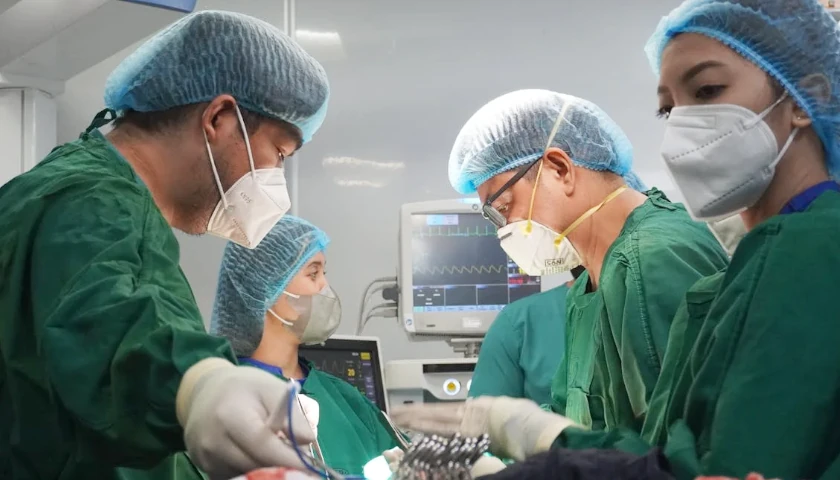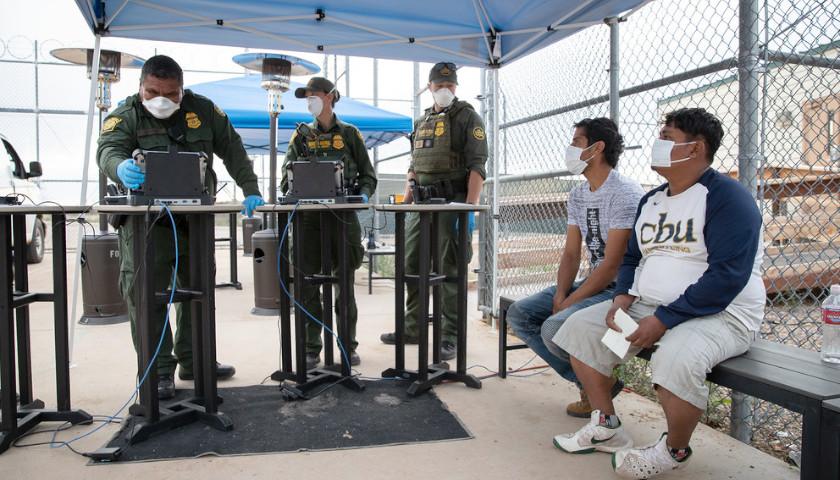by Therese Boudearux
Both Michigan candidates for the U.S. Senate hold “tough on China” stances, but in the wake of the Aug. 6 primaries, Democrat Rep. Elissa Slotkin and Republican former Rep. Mike Rogers have escalated accusations that their opponent supports Chinese businesses.
“Want to know the truth about Slotkin? All it takes is a quick Google search,” Rogers posted to social media recently.
The post featured a campaign ad referencing Slotkin signing a non-disclosure agreement in 2022 involving the construction of an electric vehicle battery plant in Big Rapids. Gotion High-Tech, which proposed the project, is required to “carry out Party activities in accordance with the Constitution of the Communist Party of China,” according to company by-laws.
Slotkin has denied signing the NDA. Slotkin has repeatedly referenced voting for the CHIPS Act in 2022, which aimed to help the U.S. compete with countries like China by encouraging American companies to manufacture microchips in the United States.
“I have worked to bring manufacturing back to the United States. In Congress, my opponent supported trade deal after trade deal — including NAFTA — that helped ship jobs to places like China,” Slotkin posted on social media Sunday.
Her opponent sent cease-and-desist letters last week to television organizations airing her campaign ads that accuse Rogers of “helping Chinese tech companies” and “giving them access to the U.S.” Roger’s lawyers denounced this claim, saying Rogers has never worked for Chinese technology companies.
Rogers, who served in the FBI specializing in organized crime and public corruption before beginning a career in politics in 1994, worked for the Finnish technology company Nokia for seven years. At some points, the company conducted business deals with Chinese companies. Rogers also worked for AT&T in 2016 as a cybersecurity advisor. The company has carried phones manufactured in China.
Rogers also founded an organization called 5G Action Now in 2020 to oppose Chinese companies trying to be involved in 5G networks in the U.S. and help remove Chinese hardware from infrastructure in the country.
An August poll conducted by the New York Times and Siena College shows Slotkin’s lead has narrowed in recent months.
Compared to an Emerson College poll of registered voters in July, when Rogers trailed his opponent by 4 percentage points, Slotkin lost 3 percentage points to the “undecided” group of voters–dropping from 45% to 42% – while Roger’s 41% support remained the same.
Among likely voters, however, Slotkin leads at 46% with Rogers at 43%. Among both registered and likely voters, more than 10% remain undecided.
Democrat incumbent Debbie Stabenow is not running for reelection.
– – –
Therese Boudreaux is a contributor to The Center Square.
Photo “Mike Rogers” by Mike Rogers.





